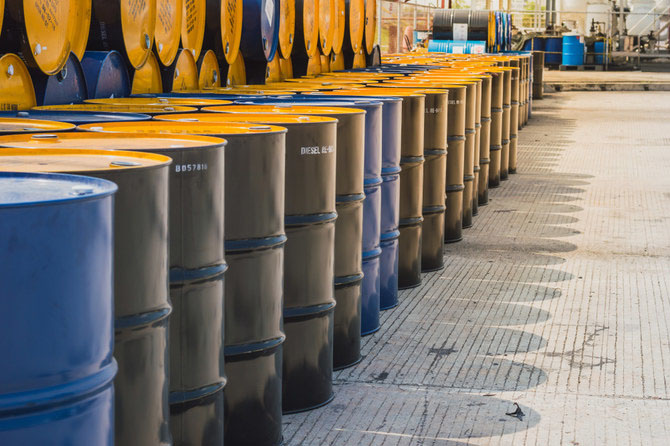
OIL PRICES CLIMB ON CHINA'S ECONOMIC OPTIMISM AS INVESTORS RESUME BUSINESS


Photo Credit: Getty Images Boeing announced Tuesday its decision to sell significant portions of its...
Photo Credit: Getty Images Walgreens has agreed to pay the US Department of Justice up to $350...
Photo Credit: Getty Images Uber is facing a lawsuit from the US Federal Trade Commission (FTC)...
Photo Credit: Getty Images Netflix’s film viewership in the Asia-Pacific region increased by...
Photo Credit: Netflix Netflix reported a quarterly profit of $2.9 billion on Thursday, fueled by a...
Photo Credit: Getty Images PricewaterhouseCoopers (PwC), one of the world’s leading professional services...
Photo Credit: Getty Images The World Trade Organization (WTO) has forecast a decline in global...
Photo Credit: Getty Images In a strategic response to rising trade tensions, Nissan is scaling...
Photo Credit: Getty Images Italian fashion house Prada announced Thursday it has reached a deal...
Photo Credit: Getty Images Volkswagen, the German auto giant, attributed a decline in its...
Photo Credit: Getty Images Samsung Electronics exceeded market expectations Tuesday, forecasting record...
Photo Credit: Getty Images Stellantis is pausing production at some plants in Canada and Mexico, the...